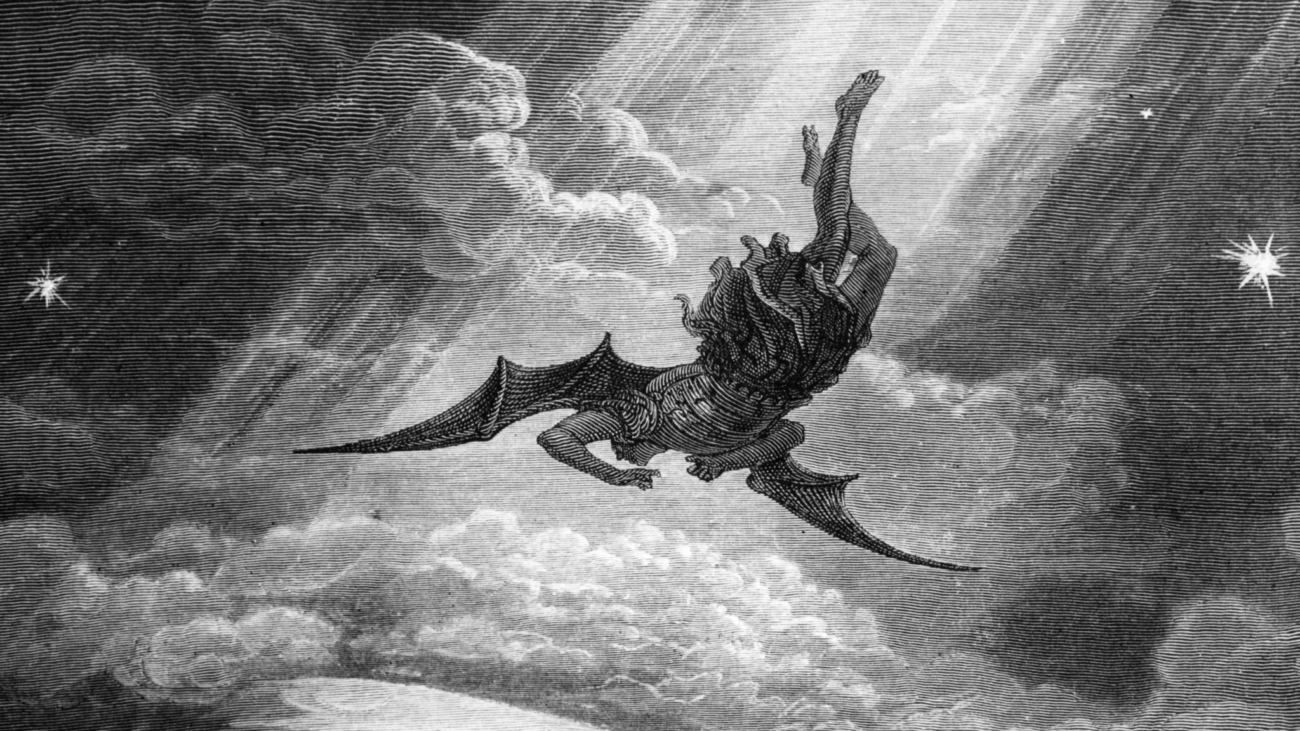One of the recurring motifs of Gnosticism and Hermetism is the idea that the soul is God or a divine spark which has accidentally fallen into and become ensnared in matter. This means incarnation is a tragedy or mistake in which we lose our divinity which must be rectified through gnosis and return to the divine source or pleroma.
By contrast, Thelema teaches that there is no fall, there is no mistake which must be rectified. We are God before incarnation. We are God during incarnation/birth. We are God as we live. We are God as we experience joy. We are God as we experience misfortune. We are God as we experience loss. We are God as we experience sickness. We are God as we die. We are God after death. (See NC on AL I.8, NC on AL I.29, and the rituals of initiation of O.T.O. O°-P.I.)
The question then is not, “How do I recognize my divinity so as to return to ‘The Source’?” but rather “How do I come to the recognition of my divinity so as to enjoy each and every one of these moments of becoming as a God would?” The method of achieving this is taught in the Lesser Degrees of O.T.O., but in a word we might say it is by seeking balance.
But never mind the method. What does it even mean to be God in this life?
As an entry point into this idea, it might be useful to substitute the phrase “to be God in this life” with the phrase “to have dignity in this life”. It’s not possible to avoid misfortune, including death, but it is possible to act with dignity in the face of misfortune.
Dignity means “the state or quality of being worthy of honor or respect”.
In other words, by your own standard, can you respect the way that you act in challenging situations? Are you the sort of person that you yourself would look up to? If you were facing a challenge, are you the sort of person you would turn to for help? Can you count on or depend upon yourself?
Almost any terrible situation can be made worse through dishonorable, undignified behavior. As bad as misfortune can be, it is also possible to aim down instead of aiming up, thereby making things worse for everyone. If you can’t rely upon yourself in a difficult situation, it’s likely other people can’t, either (and vice versa).
If you often find yourself in this position where you’re not dignified, you’re not aiming up, and you’re not reliable or dependable—again, just by your own standards of the sort of person you’d want around when there’s a problem—then you should work on yourself. In particular you should work on your relationship with yourself.
Crowley taught that it is when we are most at unity with ourselves that the divine within us is able to shine through. You can take that to the extreme of mystical experience. (See Book of Lies, ch H and Magick, part 1.) But you should start at—and in my opinion continually return to—a basic level. If you can only experience yourself as God in states of mystical bliss, that’s a rather self-limiting expression of divinity. If you lose your divinity—or let’s say your dignity—as soon as you are low on money, have a fight with your spouse, lose your job, or get sick, then that’s not divinity worthy of the name.
